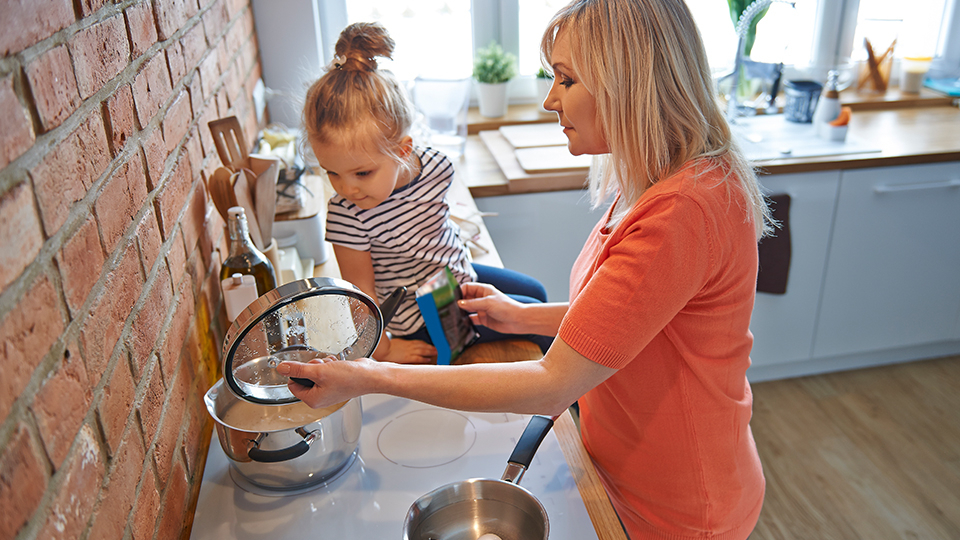I interviewed a woman recently who defined herself as a housewife and mother of four. She shared with me that although she loved her full-time role, she felt archaic because in her view, being a housewife and a stay-at-home mother was not recognised as a profession any more. Was it ever… I wondered.
“You know, when my children were young, the housewife and a [stay-at-home] mother was still kind of a recognised position, but through the societal changes in the last few years this is not the case any more. It is socially unacceptable because society now puts women and men as equals, and, personally I feel like my life and my job as a mother, as a housewife is not there anymore, it’s not recognised or valued anymore. This makes me feel like an ancient person from another century. It makes me feel old.”
I was deeply struck by this perspective because it shone a light on my own prejudice and on the unfairness of the times we live in where neither governments nor societies, nor many feminists value housewives and stay-at-home mothers.
A lot has been written, including by me in The Missing Perspectives of Women in COVID-19 News, about women bearing the brunt of the disruption caused by the pandemic. In the absence of the usual support networks, it was more often than not women who were forced to step back from their careers and stay at home to look after their nursery- or school-aged children. Women lost both income and status but did not gain any respect. A greater awareness of the role of primary caregivers, and indeed the relentlessness of the work they do, has not led to any particular recognition in society of the need to remunerate women for this.
At the same time, many feminists cannot accommodate the notion of a woman who chooses to stay at home with her children and enjoys being a homemaker, in the process making herself dependent on her husband’s earnings. Somehow, equality is only seen going in one direction – women being more like men, rather than men becoming more like women. The dominant equality narratives do not encourage men to become stay-at-home dads or enjoy being homemakers while their children are young. And perhaps they should, as much as they encourage women to go out and work; to take leadership positions; to express their repressed voices through their jobs, through higher education, through arts and crafts.
The metrics we typically use to evaluate gender equality in the economic sphere are things like the proportion of women who participate in the labour workforce or higher education, the proportion who are in senior leadership roles, the gender pay gap, etc. All these metrics are critically important! But we should also start measuring the proportion of men who are stay-at-home dads, who are homemakers. Because these are big jobs too. And someone has to do them … at least part-time.
Isn’t feminism about women having a choice? I was again challenged to confront my prejudices around this at a recent book festival in London. In an interview, Jennifer Nansubuga Mukambi, author of The First Woman, put forward her view that feminism was getting it wrong when it came to women whose choice was to look after their children. Feminism, she contended, sees these women as “limited”. It made me remember the times in the past when I had caught myself feeling slightly sorry for stay-at-home mothers, as if they were victims of an unfair society, forgetting that perhaps for some of them this genuinely was a personal choice.
What society and feminists should advocate for is an equality that goes in both directions: for women to attain that which has been a man’s privilege for centuries, but also for men to take the lead in domestic life, which has been a woman’s domain for centuries. Gender equality can only be achieved once we embrace all roles that women, men or people of any gender choose, without overlaying them with our own judgements of which ones are worthy and which are not. We will know we have succeeded once anyone can make the choice of being a homemaker or a stay-at-home parent, and be respected as well as remunerated for it.






